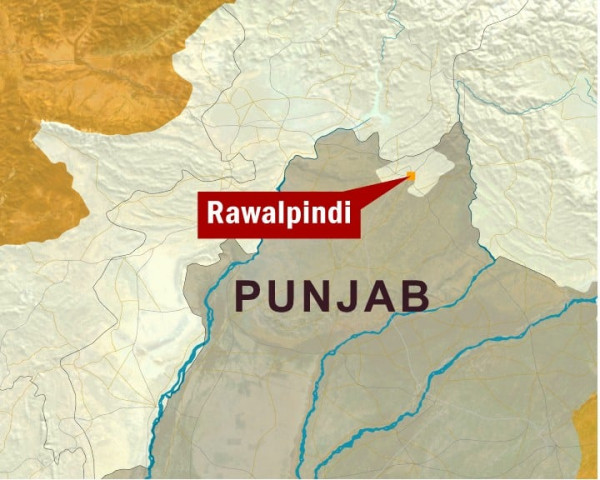Legal wrangling: ‘Teamwork is not a priority for Pindi police’
FIRs not being forwarded to prosecution, police claim they are not supposed to.

The district prosecution department has been facing problems in carrying out its legal duties and maintaining its records after the police department stopped providing First Information Reports (FIR) on a daily basis, The Express Tribune has learnt.
The prosecution department has deputed a lawyer in every court of law to assist the police in prosecuting criminals successfully in accordance with the law.
The police, however, stopped providing copies of registered cases to the prosecution office, making it harder for the department to supervise police investigations and present their cases in court, revealed a district prosecutor.
The prosecutor said that according to the Prosecution Act 2006, the office of the district police officer (DPO) is duty-bound to provide copies of all FIRs registered with the police, but the practice had been discontinued since the present city police officer assumed charge.
“The prosecution department maintains data regarding the nature and legal status of cases pending with investigators or before a court of law with the help of records of criminal cases,” he said on condition of anonymity.
The records also facilitate coordination between the two departments, leading to greater success in convicting criminals, said the prosecutor, who has been working with the department for over a decade.
District Public Prosecutor (DPP) Amir Tariq confirmed his office had not been receiving the necessary documents from the police.
“I joined the DPP office just a week ago after I was transferred from Chakwal, but I have already noticed that the office has not been receiving copies of FIRs,” Tariq said.
On the significance of having FIRs available to the prosecution department, the DPP said it helped prosecutors to maintain when cases were registered and how long investigators took to complete their investigation.
It also helps prosecutors maintain independent data of cases and monitor the progress of efforts to control crime in their district, which is often discussed in monthly district coordination committee meetings.
The committee evaluates the prevalence of crime every month and comprises the district and sessions judge, city police officer, district jail superintendent and the DPP to.
The police department, on the other hand, maintained that under police rules, the department is not legally obliged to provide copies of FIRs to the prosecution office.
Under the rules, copes of FIRs are provided to the complainant, the office of area Superintendent of Police (SP), and the office of the CPO. Azhar Hameed Khokhar, CPO Rawalpindi, could not be approached for his comments.
Published in The Express Tribune, July 5th, 2011.



















COMMENTS
Comments are moderated and generally will be posted if they are on-topic and not abusive.
For more information, please see our Comments FAQ